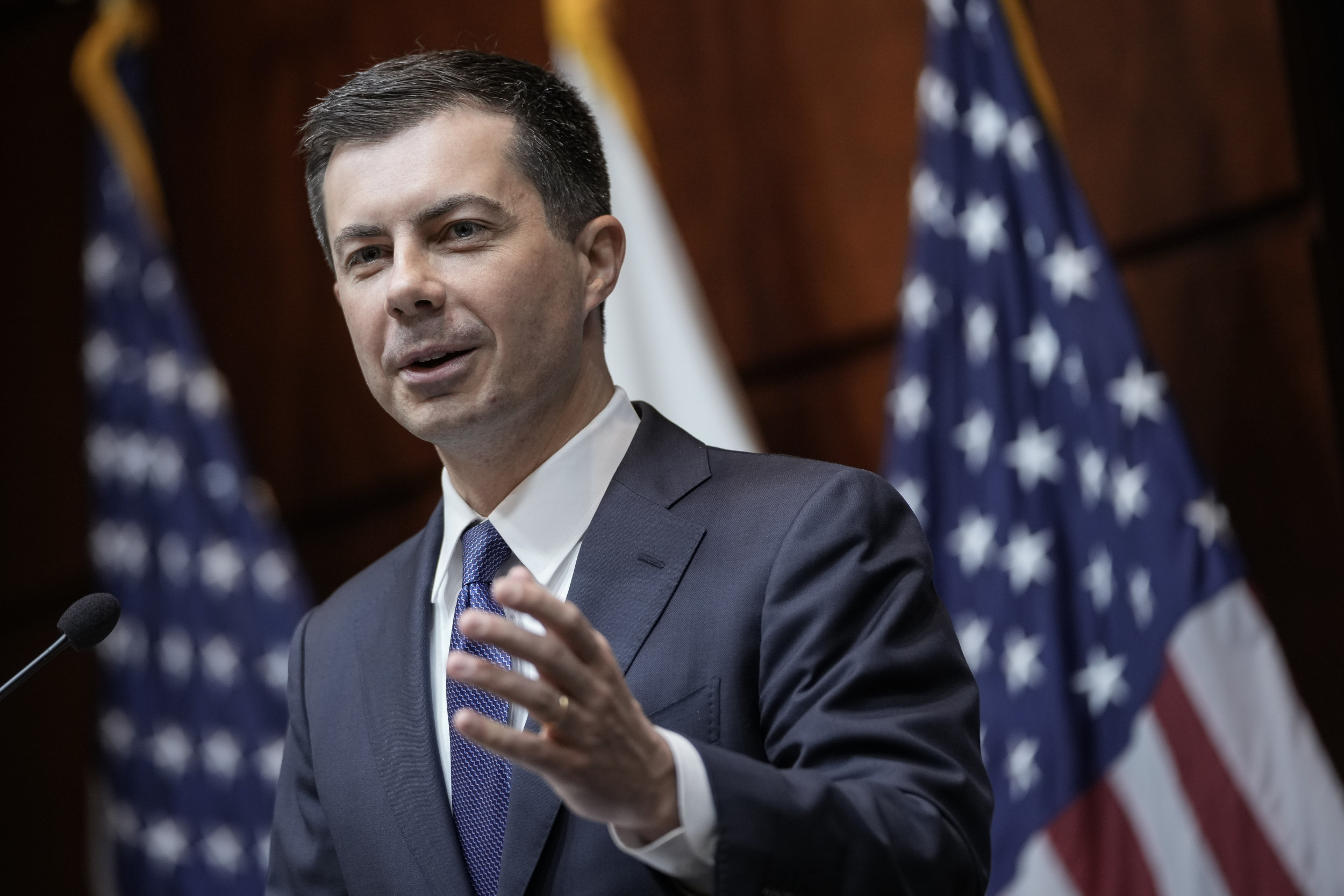California's high-speed rail project is facing construction delays, according to a new report from the project's inspector general.
The report, published on Monday, said that the current aim of completing the Merced-to-Bakersfield segment by 2030 was unrealistic and that the project would likely not stay within its "envelope" of 2033.
Newsweek contacted the California High-Speed Rail Authority for information about the project's progress in 2025 via email.
Why It Matters
California's high-speed rail project has already been delayed several times and required additional funding from the federal government in 2019. President Donald Trump has criticized the initiative in the past, branding it a "waste" and a "green disaster". Reports of new delays will further damage public trust in the project.
What To Know
The inspector general's report made several recommendations on the project, including suggesting that the authority develop options for starting service on a limited segment of the Merced-Bakersfield route by 2033.
The Merced-Bakersfield section is the current priority for the route, as it forms part of the track that will eventually connect Los Angeles to San Francisco via Central Valley.
"Two years ago, the California High-Speed Rail Authority set a target to complete the M-B segment by 2030, while acknowledging that various uncertainties could push project completion out to 2033," Benjamin M. Belnap wrote in a report to California Governor Gavin Newsom.

"The Authority reaffirmed in its May 2024 Business Plan the 2030 target and 2033 'schedule envelope.' Based on our review of the latest project information, the 2030 target date has been pushed back to 2031, in part because the Authority has extended the timeline for completing construction that is currently underway in the Central Valley.
"With a smaller remaining schedule envelope and the potential for significant uncertainty and risk during subsequent phases of the project, staying within the 2033 schedule envelope is unlikely.
"In fact, uncertainty about some parts of the project has increased as the Authority has recently made decisions that deviated from the procurement and funding strategies that were part of its plans for staying on schedule."
The delay was picked up on by President Donald Trump, who floated the idea of the Department of Government Efficiency taking a look at the project, which has received several federal grants. On Tuesday, he said: "One of the things I want to investigate rapidly – because I've never seen anything to this extent – the train that's being built between Los Angeles and San Francisco, is the worst managed project I think I've ever seen. And I've seen some of the worst."
What People Are Saying
The California High-Speed Rail Authority told Newsweek that a recent industry forum attended by CEO Ian Choudri had aided the progress of the construction, saying: "Over 400 industry participants representing rail, systems, construction, design, technology, and finance firms attended the event, which also had productive one-on-one meetings with our teams.
"Throughout the event, the Authority gathered valuable industry feedback that will help inform critical decisions and shape the future of the project."
President Donald Trump told White House reporters on Tuesday: "We're gonna start a big investigation on [the project] because it's– I've never seen anything like it," he said.
"Nobody's ever seen anything like it. Nobody has ever seen anything like it. The worst overruns that there have ever been in the history of our country. And it wasn't even necessary. I would have said, you don't buy it. You take an airplane – it costs you $2. It costs you nothing. You take an airplane. But this got started. And if you have to, you drive, you can drive."
What Happens Next
Construction on the rail system continues, with 2025 marking the first year that track will be laid by the project.
Do you have a story we should be covering? Do you have any questions about this article? Contact LiveNews@newsweek.com.














)





 English (US) ·
English (US) ·